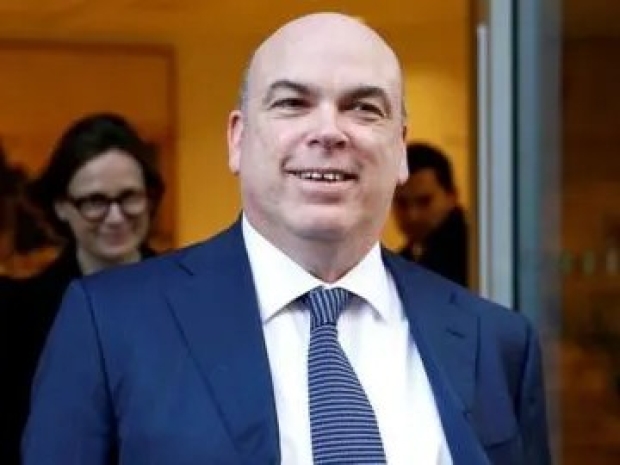Mr Justice Hildyard ruled that the estate of Lynch and his former business partner Sushovan Hussain must cough up about £740 million in connection with Hewlett-Packard’s catastrophic $11.7 billion acquisition of their firm Autonomy 14 years ago.
The judge originally found in 2022 that Autonomy’s “true financial position and performance had not been properly and accurately disclosed” before the sale. Hewlett Packard Enterprise, spun out of the 2015 split of Hewlett-Packard, argued it was misled and demanded at least $4.55 billion in damages, a figure Hildyard slammed as “substantially exaggerated”.
If upheld, the ruling would wipe out Lynch’s estate, which insiders reckon is worth around £500 million. His family is mulling an appeal.
Lynch, 59, died last year when his superyacht Bayesian went down off Sicily, killing him, his 18-year-old daughter, and five others. They had been celebrating his acquittal in a US fraud trial tied to the same Autonomy fiasco. Fifteen survivors, including Lynch’s wife Angela Bacares, were pulled from the wreck.
Despite the US acquittal, Hewlett Packard Enterprise pressed ahead with a UK civil case. Chief executive Antonio Neri called it a “difficult” move but insisted it was “in the best interest of shareholders.”
The original Hewlett-Packard sued after swallowing an $8.8 billion writedown on Autonomy, accusing Lynch of inflating revenues. Hildyard concluded Autonomy execs engaged in “a fraudulent acceleration of revenue at the expense of future revenue flows”.
The judge admitted there was “more than a grain of truth” in Lynch’s argument that Hewlett-Packard’s damage estimate “was not based on detailed analysis.”
A spokesperson for the Lynch family blasted the decision, calling Hewlett Packard Enterprise’s original damages claim “a wild overstatement… misleading shareholders.”
In a statement prepared before his death, Lynch fired back at the accusations: “This result exposes HP’s failure and makes clear that the immense damage to Autonomy was down to HP’s own errors and actions.”
He added that the UK civil case relied on “hearsay evidence from the US, and we were never able to question or cross-examine those witnesses… When in the US criminal trial we were able to cross examine the relevant witnesses, a very different story emerged. Why is the English legal system so trusting?”
The ruling leaves interest payments unresolved, which will be thrashed out in another hearing.
Hewlett Packard Enterprise settled with Hussain in May for an undisclosed sum and said on Tuesday: “We are pleased that this decision brings us a step closer to the resolution of this dispute. We look forward to the further hearing at which the final amount of HPE’s damages will be determined.”




